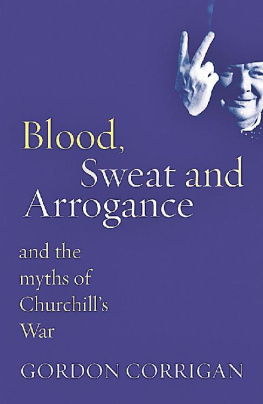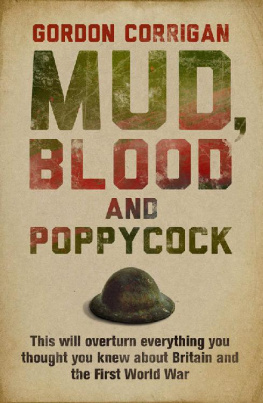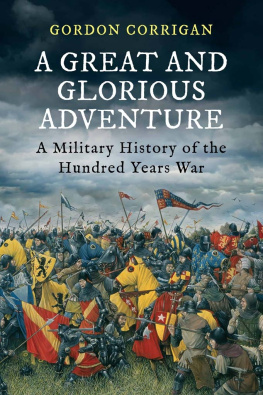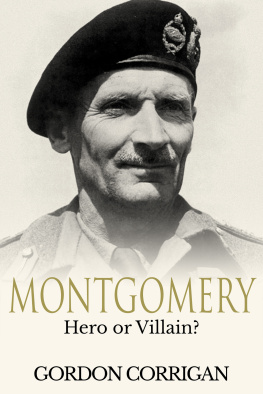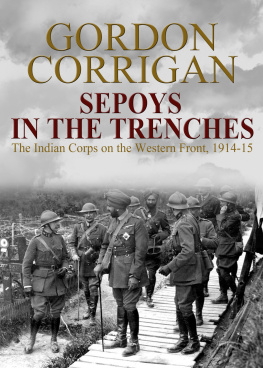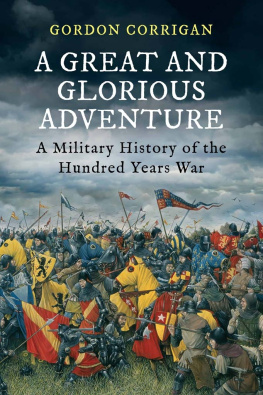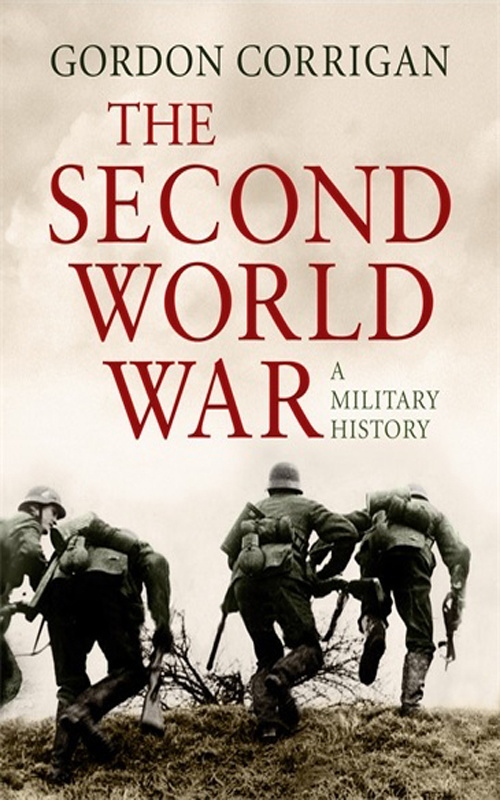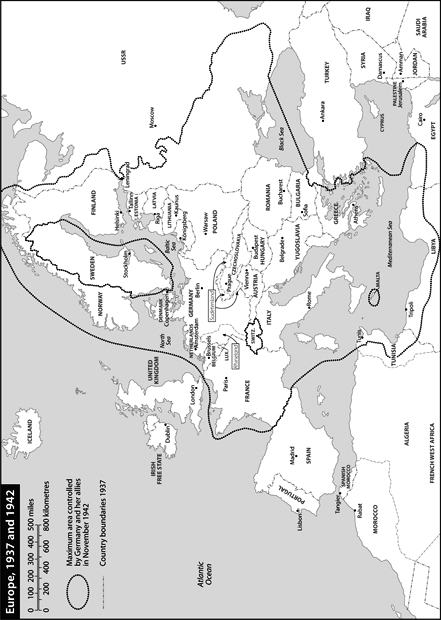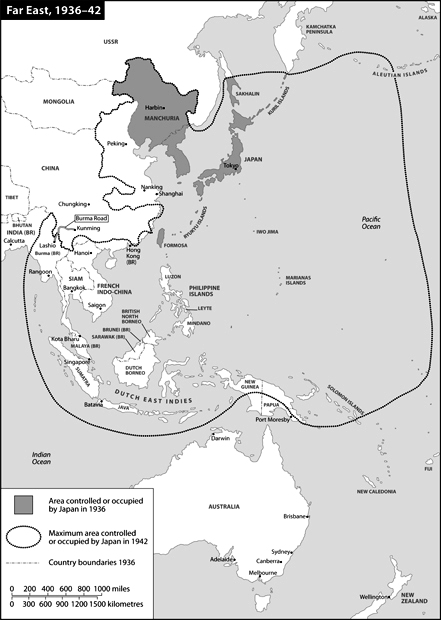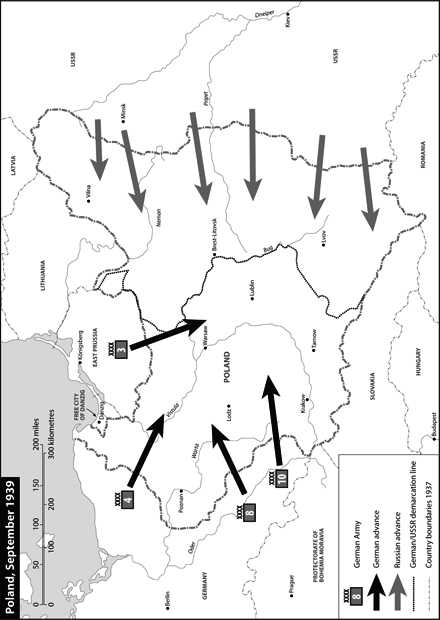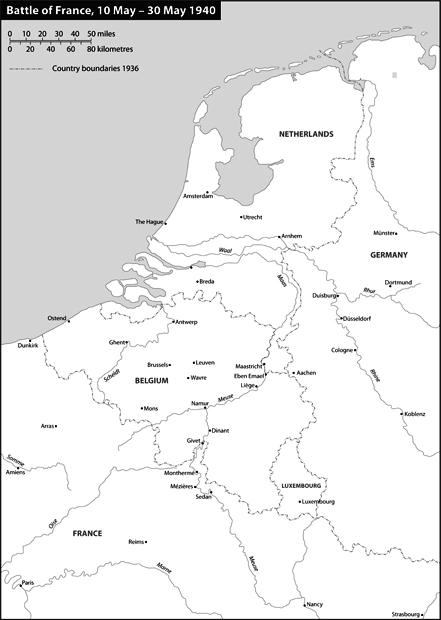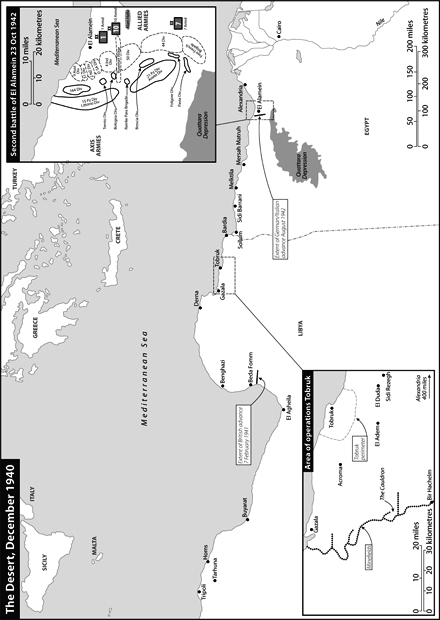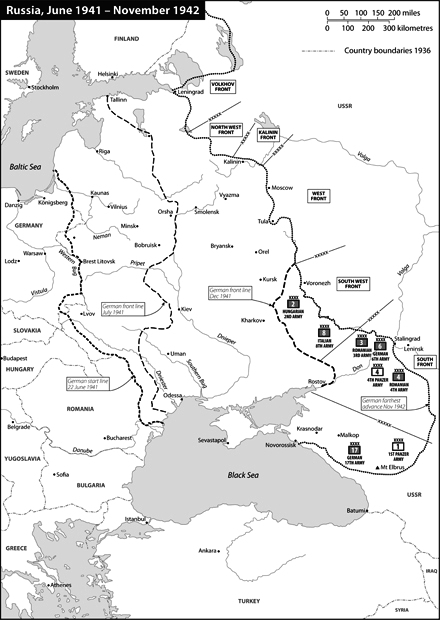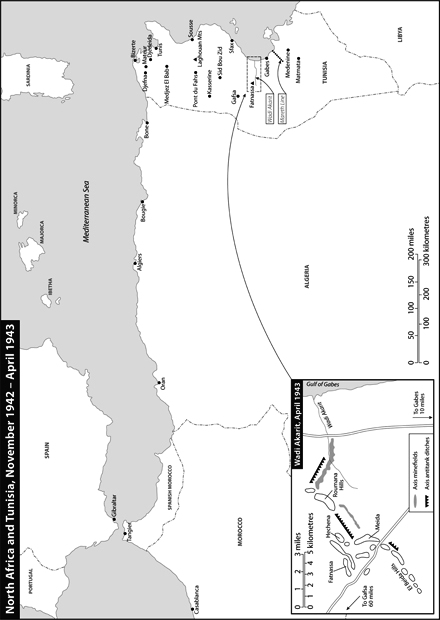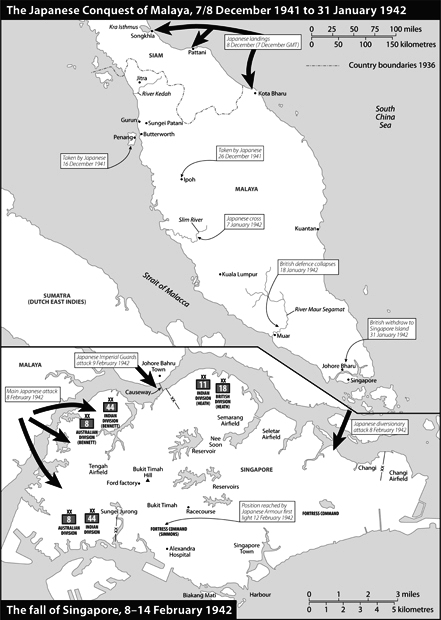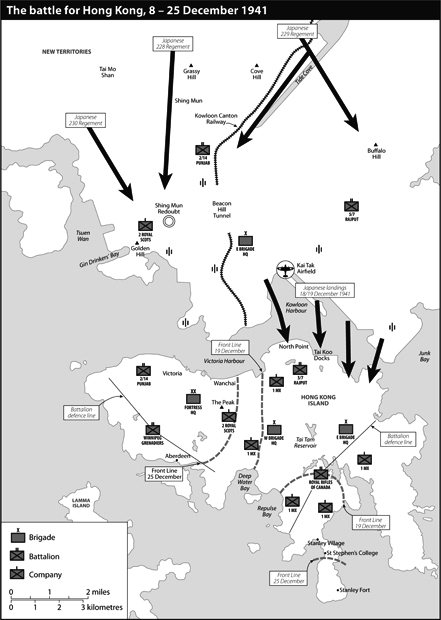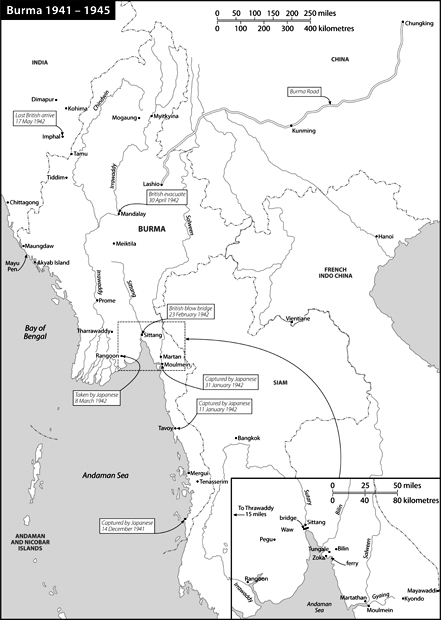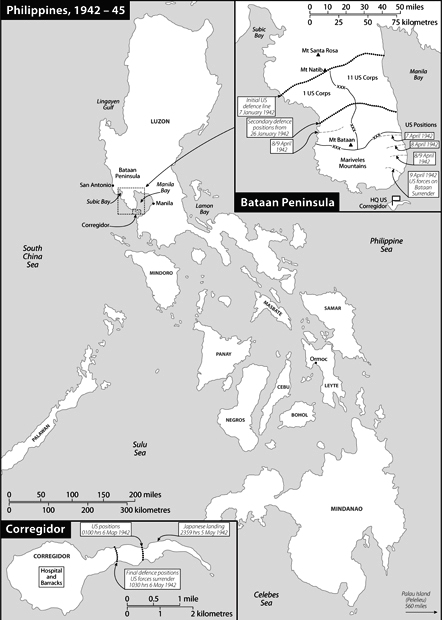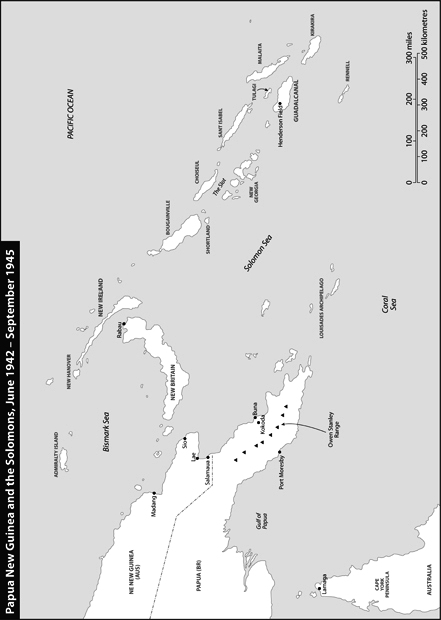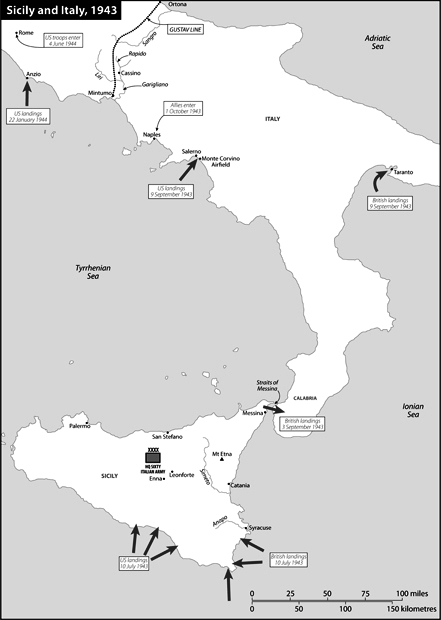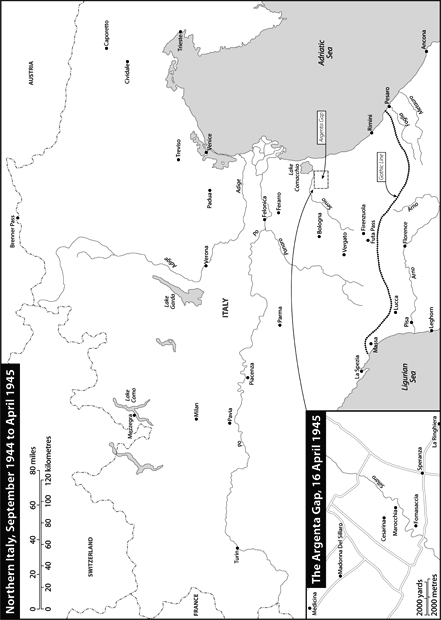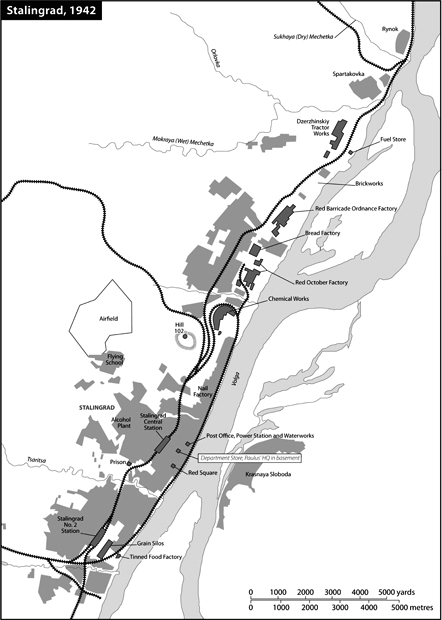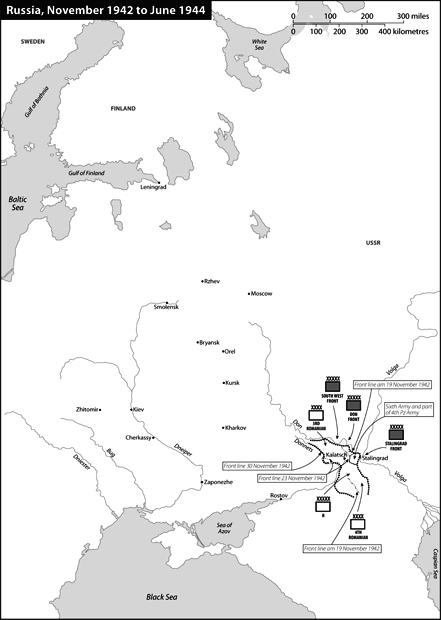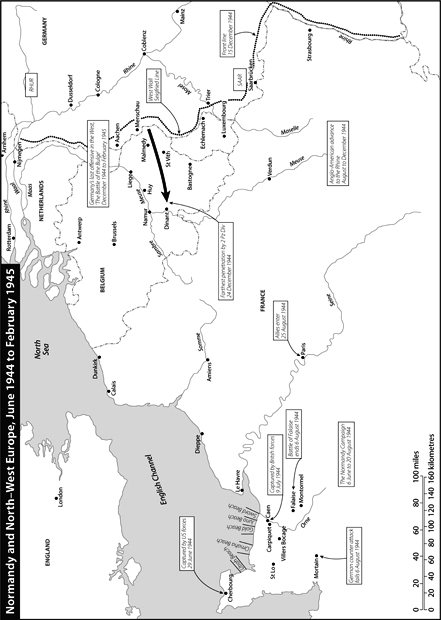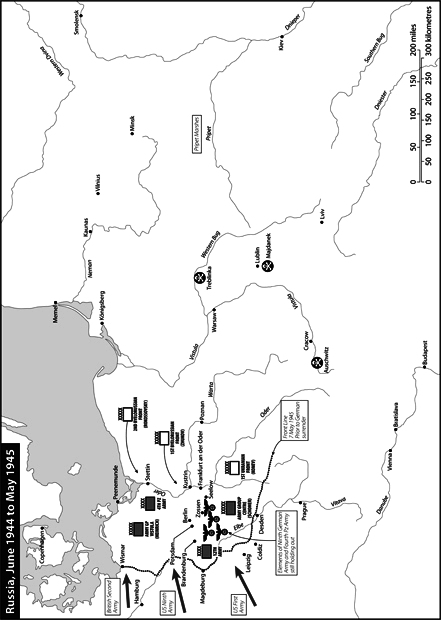First published in Great Britain in 2010 by Atlantic Books Ltd.
The moral right of Gordon Corrigan to be identified as the author of this work has been asserted by him in accordance with the Copyright, Designs and Patents Acts of 1988.
All rights reserved. No part of this publication may be reproduced, stored in a retrieval system, or transmitted in any form or by any means, electronic, mechanical, photocopying, recording, or otherwise, without the prior permission of both the copyright owner and the above publisher of this book.
www.atlantic-books.co.uk.
On the first day of September 1939, German forces struck at Poland, and what was to become known as the Second World War officially began. To begin with, despite the involvement of Germany, France and Britain, what fighting that did take place was confined to Europe. Even twelve months later, the only fighting on land was relatively small-scale scuffling in the Horn of Africa and along the Libyan coast, for France had surrendered and the tiny British Expeditionary Force had been driven from Europe. The following year, however, Germany invaded Russia and a whole new dimension opened up. Later in the same year, the involvement of the United States and Japan made the war truly global.
In 1939 the powers of the first rank or those that considered themselves to be in the first rank, the Great Powers were Britain, France, Germany, the USA, the USSR and Japan. Of these, all at some stage entered the war, and all but France were still engaged at the end. Of the second- and third-rank powers, Italy, China, Yugoslavia, Hungary, Romania, Bulgaria, Greece, Spain, Holland, Belgium, Norway and Denmark were all involved, although Spain did not declare war, despite providing a contingent of troops and an air squadron under German command on the Eastern Front. When all those who declared war whether or not they actually provided combat units and all those who provided troops whether or not they actually declared war and all those who were occupied or attacked with or without a declaration of war are totted up, then we find that the perhaps astonishing total of fifty-five nations can be said to have been officially involved in the war.
Many nay, most of these fifty-five made no military contribution or, if they did, were of little use. Germanys official allies Italy, Romania, Hungary, Finland and Bulgaria were more of a hindrance than a help and needed constant bolstering up or bailing out by German resources. On the other hand, it is often forgotten (because it is inconvenient to remember it) that there were many Poles and Russians in German service who fought well until the end, and that the Waffen SS happily recruited Belgians, Dutchmen, Scandinavians, Balts and even Frenchmen, all of whom did well by their masters. Indeed, it is difficult not to have some sympathy with those who afterwards were considered traitors. The USSR had not ratified the Geneva Convention, and was thus not entitled to its protection. When the choice was between languishing (or, more likely, being worked to death) in a German prison camp, and taking part in the international crusade against Bolshevism, with three square meals a day, a salary and a uniform to boot, the argument for collaboration was persuasive. Poles might not have liked the Germans, but they didnt like the Russians either. Similarly, there were many Western Europeans who had no particular love for Britain, and genuinely saw Russia as a threat, as of course she was.
Of those nations which rowed in on the Allied side, many, having been invaded and occupied by Axis forces, had little option, although a finalist for the prize for bare-faced cheek must be the London-based government-in-exile of Luxembourg (population 300,000), which in December 1942 declared war on Germany, Italy and Japan. But Luxembourg was at least occupied by Germany (and indeed annexed by her as Gau Moselland), so the trophy must be awarded to the government of Liberia, most of whose citizens were unlikely to have ever seen a German, or to have known where Germany was, but which nevertheless declared war on Germany and Japan on 27 January 1944. It is not at all clear what contribution Haiti, having declared war on Bulgaria, Hungary and Romania on Christmas Eve 1941, thought she could make to the cause of democracy and the freedom of small nations, but the award for blatant opportunism is shared between Argentina, who declared war on Germany and Japan on 27 March 1945, six weeks before Germanys surrender, and the Soviet Union, who declared war on Japan on 8 August 1945, six days before Japans unconditional surrender. There is no prize for a complete and total inability to feel national embarrassment, but if there were it would have to go to Italy, who declared war on Britain and France on 10 June 1940, four days before German troops marched into Paris, invaded Greece on 28 October 1940 without telling her German allies and got a very bloody nose, surrendered to the British and Americans on 8 September 1943 and then declared war on Germany five weeks later, thus adhering to Napoleons dictum that no Italian state had ever finished a war on the same side as that on which it had started, except when it had changed sides twice.


